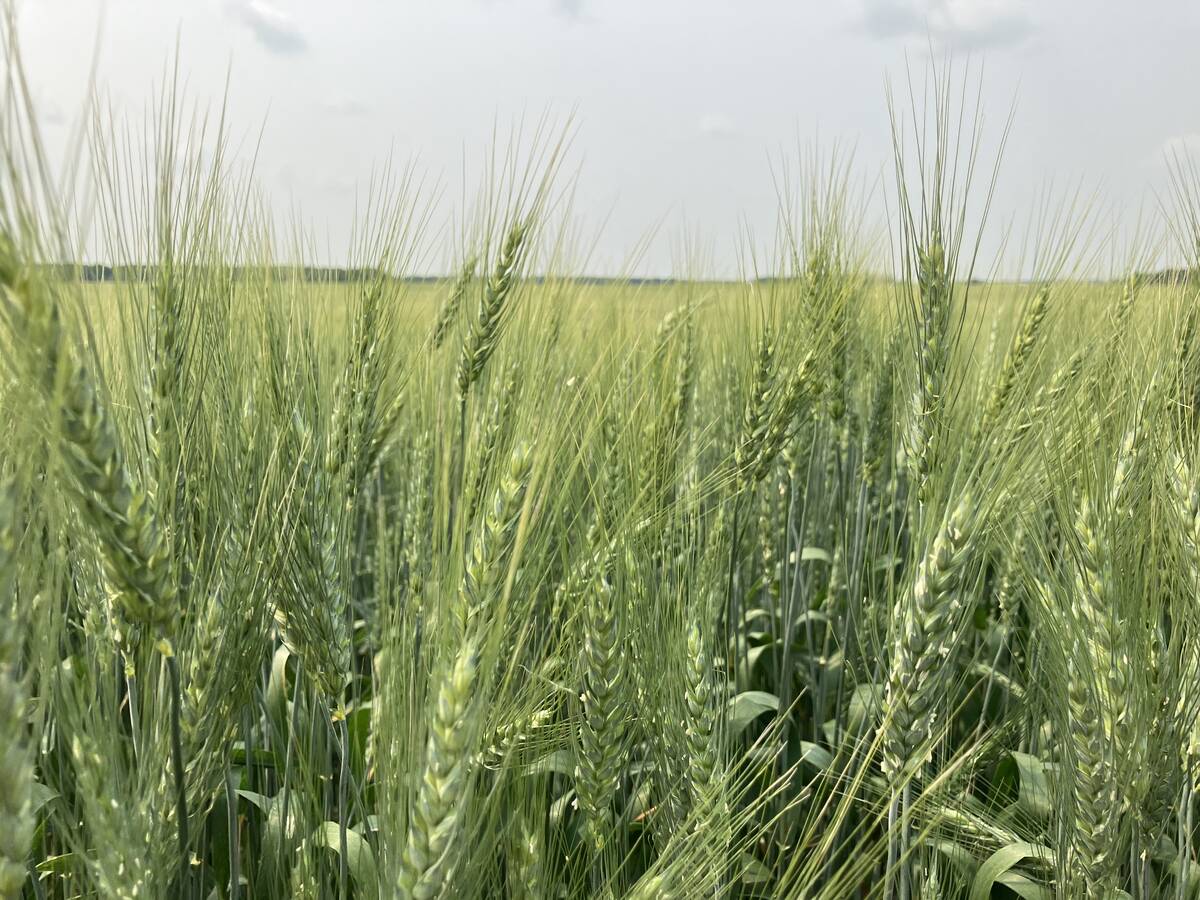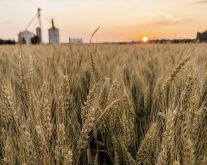The 2024 federal budget, released Tuesday afternoon has drawn mixed reactions from ag groups across Canada.
While some have praised aspects of the plan, others have condemned the lack of attention paid to agriculture and farmers.
The Canadian Cattle Association (CCA) stated that they were “cautiously optimistic” to see recognition of the effectiveness of the livestock deferral tax in an April 16 news release.
“Beef producers are encouraged to see the Livestock Tax Deferral in Budget 2024 and we are hopeful that meaningful change will come quickly as we head into another extremely dry season in Western Canada,” CCA President Nathan Phinney was quoted as saying in the release.
Read Also

Grain Growers of Canada calls for clarity, transparency on AAFC research cuts
Grain Growers of Canada is calling for more clarity from the federal government following cutbacks to Agriculture and Agri-Food staff and research centres.
He continued by saying that he felt the announcement was “an indication that the government will make a change and work with ranchers to find a solution that addresses extreme weather challenges for producers across the country.”
CCA also praised the budget’s efforts toward supporting the Copyright act.
Dairy Farmers of Canada (DFC) said in an April 16 release that they welcome the “capital gains exemption on the sale of small business shares and farming and fishing property to $1.25 million,” as most dairy farmers own land.
They also acknowledged the government’s announcement of a national school lunch program: “Dairy products are a source of fifteen essential nutrients and are a top contributor of protein and calcium in the diets of Canadian children.”
The DFC went on to note the government’s commitment to help protect farmers from the effects of climate change, but said they were “disappointed that the government has not taken this opportunity to specifically commit to revising Canada’s business risk management programs for agriculture.”
Other organizations’ reactions were more negative.
The Canadian Federation of Agriculture (CFA) said in their own April 17 release that they were “disappointed to see a lack of investment in Canadian agriculture in the 2024 budget.”
CFA President Keith Currie acknowledged the government’s “competing priorities” in the release, but also said that “the government can ill-afford to ignore food production and Canadian farmers.”
The CFA made note of what it called “positive investments,” such as the launch of interoperability consultations and carbon rebates for small businesses, but lamented that “there was no mention of pivotal issues for the sector such as investments in environmental programming, chronic labour issues in food production or improvements to transportation and trade infrastructure.”
“If Canadian agriculture is to seize its full economic and climate potential,” Currie was quoted as saying, “we cannot keep missing opportunities while our international competitors continue to invest in their agriculture industries.”
The Wheat Growers Association was particularly critical of the budget, calling it “woefully bloated” and saying it “falls short in addressing Canadian farmers’ real concerns.”
Their April 16 news release criticized the government for not understanding the impacts of the carbon tax on wheat growers.
“Once again, the federal government has missed the opportunity to support agriculture and those that work in the industry,” Chair Daryl Fransoo was quoted as saying.
“The real issues impacting us are the cumulative effect of the carbon tax on everything that we do, the growing need to have coordinated grain research, increased funding for the PMRA, and industry efficiency through an improved Canada Grains Act.”
They mentioned the failure to pass bill C-234, which they said would provide “immediate relief to grain farmers from the negative impact of the carbon tax on grain drying.”
The Grain Growers of Canada (GGC) made similar complaints. Their April 16 press release expressed disappointment in the lack of any update to the Canada Grains Act.
“The Canada Grains Act is the enabling legislation that supports grain farmers and needs to be modernized to reflect the realities of 2024,” GGC Executive Director Kyle Larkin said in the statement.
“Unfortunately, this budget has shortcomings in key policy priorities for farmers, such as infrastructure, innovation, tax incentives, and delays in other policy areas.”














